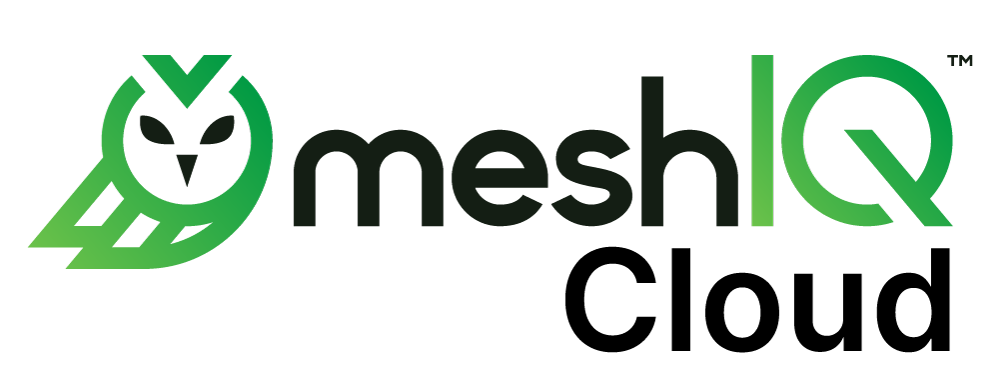What is a Trademark?
A trademark is a word, phrase, symbol, logo or design, or a combination of those things, that distinguishes one company’s products and services from the products and services of another. Examples of trademarks include Red Hat®, Fedora Core™, and MySQL® for software products and related services. Although a trademark is a symbol of the source of a product or service, a trademark is not the product or service itself. A trademark also is not the same as a copyright or a patent.
Nastel Trademarks
Nastel Technologies, Inc. (“Nastel”) owns the following marks:
- Nastel®
- AutoPilot®
- Nastel AutoPilot®
- Nastel XRay™
- Nastel Navigator™
- TransactionWorks®
- MQSonar®
- jKool®
- Driving Business Transaction Performance®
- We are the MQ Doctor®
- 360° Situational Awareness®
- Business Transaction Performance™
Jkool Trademarks
- jKool®
- jKoolcloud®
Why Trademarks and Trademark Enforcement are Important
Trademarks are important because they help to prevent confusion in the marketplace by distinguishing one company’s or person’s products and services from the products and services of another company or person. Unauthorized use of the AutoPilot mark, the Nastel mark, or any other trademark owned by Nastel, Inc., is not permitted. In order to exercise and maintain quality control over products and services for which its marks are used, Nastel requires strict adherence to this Trademark Policy.
Marketing & Distributing Software under the AutoPilot® Trademark
AutoPilot is a trademark of Nastel and may only be used as a trademark with the express prior permission of Nastel. Thus, except as expressly permitted in this Nastel Trademark Policy, you may not use the AutoPilot mark or any other Nastel trademark on or in connection with your product, or in any other manner that might cause confusion in the marketplace. Nastel reserves all of its rights.
Fair Use of Marks
Nominative fair use is a common law principle that permits referential use of someone else’s mark to describe that other person’s goods or services under certain limited circumstances. For example, you may use a competitor’s trademark when comparing your products with your competitor’s products. Generally speaking, you may make fair use of another person’s trademark only when you comply with nominative fair use conditions, which include ensuring that: (a) the other person’s product or service is not readily identifiable without use of their trademark; (b) you make use of only so much of the other person’s mark as is reasonably necessary to identify the product or services; and (c) your use of the mark does nothing that suggests sponsorship or endorsement by the trademark holder, and your conduct and language reflect the true and accurate relationship between your products and the other person’s products.

